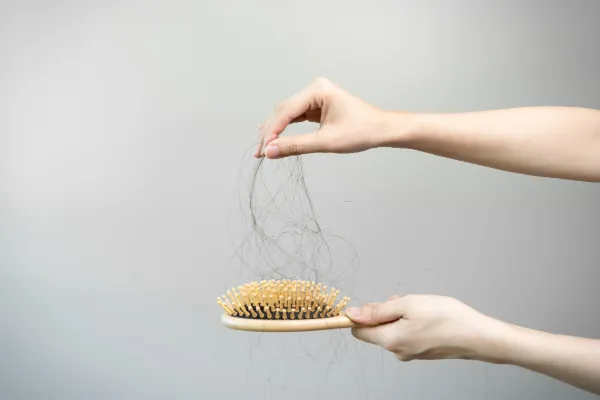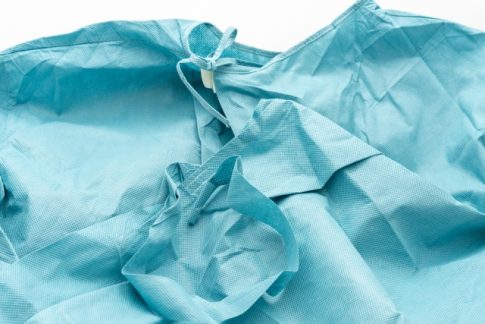この記事の概要
For men suffering from thinning hair, hair transplantation is a viable option to regain confidence. However, many may have concerns about returning to work after undergoing surgery and the impact on their work performance. This article details when to return to work after hair transplant surgery, precautions to take, and the impact on performance.
Basic information about hair transplant surgery
Types of hair transplant surgery
FUT法(Follicular Unit Transplantation):
Characteristics: A method in which a band of skin is cut from the back of the head and transplanted into individual hair follicles.
Advantages: A large number of hair follicles can be transplanted at once.
Disadvantage: Leaves a linear scar on the back of the head.
FUE法(Follicular Unit Extraction):
Characteristics: A method in which hair follicles are harvested one by one from the back of the head and transplanted.
Advantages: Smaller scars and faster recovery.
Disadvantages: It takes more time than the FUT method.
hair transplant surgery process
Counseling and diagnosis: A specialist diagnoses the condition of the patient’s scalp and suggests the most suitable surgical method.
Pre-surgery preparation: Blood tests and health status checks will be performed before surgery.
Surgery: Using anesthesia, hair follicles are harvested and transplanted.
Post-operative care: Instructions on antibiotic prescription and scalp care methods.

Return to work after surgery
Timing of return to work
The timing of returning to work after surgery depends on the surgical method and individual speed of recovery. General guidelines are as follows:
FUT method: You can return to work 1 to 2 weeks after surgery. It may take some time for the swelling and redness to subside after surgery.
FUE method: You can return to work within 3 to 5 days after surgery. It is characterized by small scars and quick recovery.
Points to note before returning to work
Swelling and redness care: It is important to wait until post-surgery swelling and redness subside. Use ice packs to cool the area and follow your doctor’s instructions.
Health management: It is important to not push yourself too hard and make sure that you are in perfect physical condition before returning.
Adjusting your hairstyle: You can hide the transplanted area by cutting your hair short or wearing a hat.
Correspondence and consideration in the workplace
Explanation to superiors and colleagues
Explain honestly: It is important to explain the reason for the surgery to your trusted superiors and colleagues and ask for their understanding.
Respect for privacy: There’s no need to share details with colleagues you’re not very close with. Maintain a reasonable amount of privacy if necessary.
Adjustment of work environment
Adjustment of desk work: It is effective to adjust your desk work for a few days after surgery without overdoing it.
Travel and Meeting Arrangements: We will make arrangements to avoid travel and large meetings during your post-surgery recovery period.
stress management
Relaxation: After surgery, try some relaxation techniques and light stretches to help you feel better.
Adequate sleep: Sleep is essential for recovery. Get plenty of rest and keep yourself in shape.
Performance impact
positive impact
Restored self-confidence: The improved appearance that comes from hair transplant surgery can restore your self-confidence and improve your performance at work.
Reduce stress: Reduces stress caused by thinning hair, improves concentration and motivation.
negative impact
Unwell after surgery: You may not feel well for several days after surgery. It is important not to push yourself too hard and wait until your health recovers.
Work Delays: Due to the need for time off due to surgery, there may be work delays in the short term.
Success Stories
Case 1: Mr. A, a sales worker
background:
Age: 35 years old
Occupation: Sales position
Surgical method: FUE method
Progress after surgery:
Return to work: Returned to work 5 days after surgery.
Changes in performance: Restored confidence and improved sales performance.
Colleagues’ reactions: Most of the reactions were positive, creating a good working atmosphere.
Comment from Mr. A: “After the surgery, I gained confidence and was able to approach work with a positive attitude.My co-workers were understanding, so I was able to return to work smoothly.”
Case 2: Mr. B, an IT engineer
background:
Age: 40 years old
Occupation: IT engineer
Surgical method: FUT method
Progress after surgery:
Return to work: Returned to work 10 days after surgery.
Changes in performance: Post-surgery swelling took some time to subside, but he returned to normal work after one month.
Colleagues’ reaction: By talking about the surgery, they gained their understanding and returned to work without any problems.
Comment from Mr. B: “I was a little anxious after returning to work, but with the support from my workplace, I was able to return to work without any difficulty. I realized that post-surgery care is important.”
Post-operative care and precautions
scalp care
Keep it clean: After surgery, keep your scalp clean and use the prescribed shampoo to prevent infection.
Do not touch: Avoid touching the transplant site and be careful not to cause irritation.
exercise and diet
Light exercise: Avoid strenuous exercise and do light walking and stretching.
Balanced diet: Eat a diet rich in vitamins and minerals to support your recovery.
mental care
Positive thinking: It is important to have a positive mindset regarding post-surgery changes.
Counseling: If necessary, you can receive psychological support by undergoing counseling.
In conclusion
Hair transplant surgery is an effective means of regaining confidence for men suffering from hair loss. Returning to work after surgery requires appropriate timing and attention, but a smooth return is possible with appropriate care and understanding from the workplace. You can also expect positive effects such as improved performance and reduced stress. If you are suffering from thinning hair, consult with a specialist, choose the treatment that is best for you, and gain new confidence.
Hiro Clinic Hair Transplant
At Hiro Clinic, we recommend Natural Pro FUE treatment, which treats hairless areas where oral treatment or injection therapy is not effective, and leaves almost no visible scars. By harvesting hair roots from the back of the head and shaving the area, post-surgery management is easier, and only the required number is transplanted with a natural-looking finish. It can be performed as a same-day surgery using local anesthesia, provides gradual hair growth at an affordable price, and can be safely performed in Japan.








